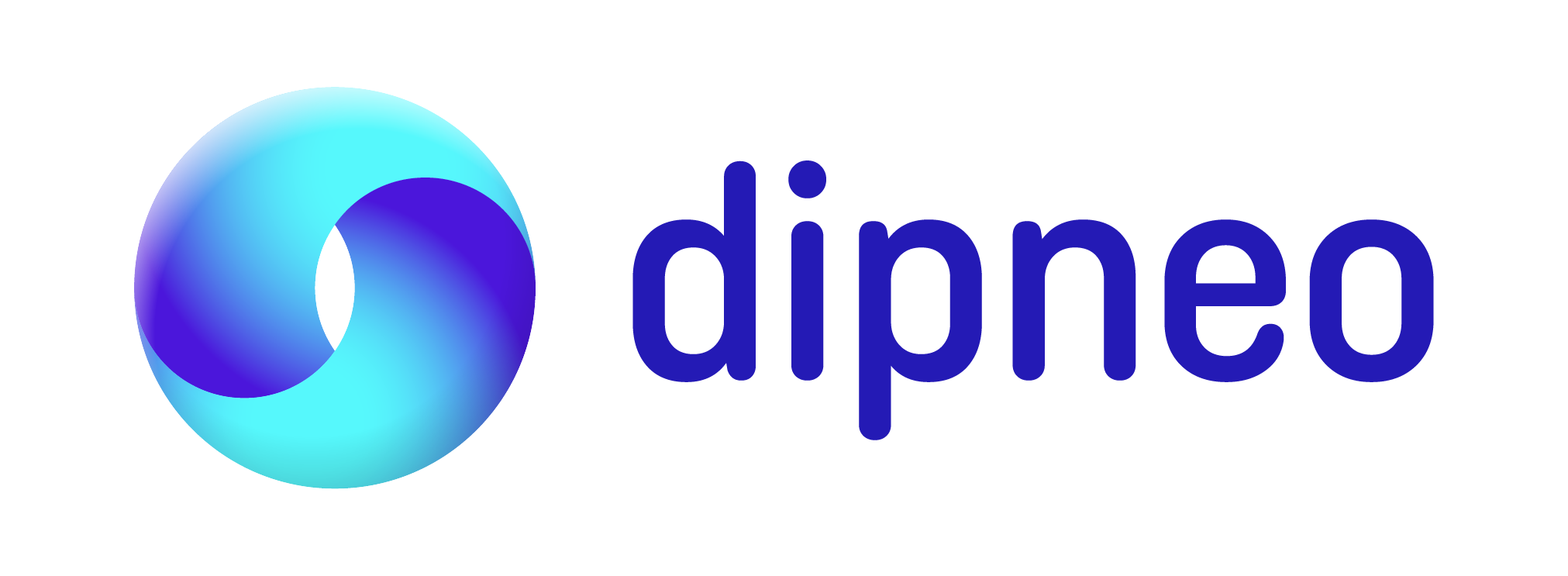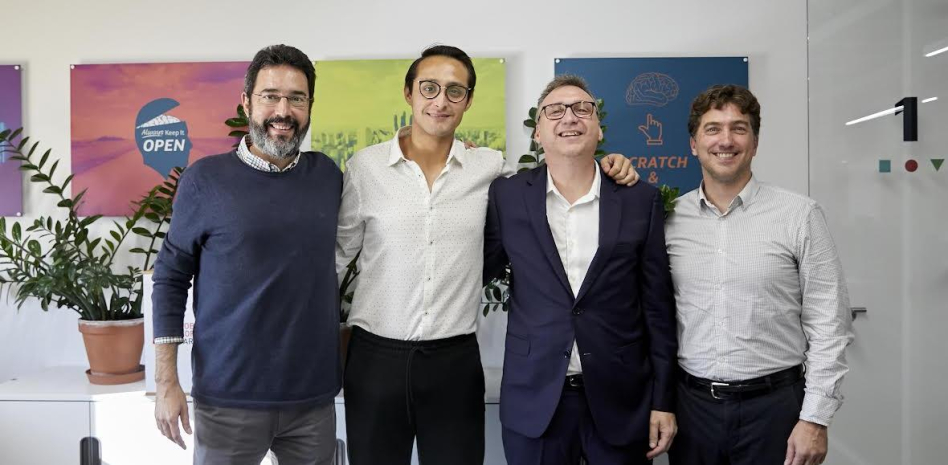The company develops a medical device that will facilitate survival in the face of cardiorespiratory arrest. The Eurecat technology center and Mobile World Capital Barcelona (MWC) have created the startup Dipneo to develop and market a new medical device for resuscitation in the event of cardiorespiratory arrest, based on a new system patented by Eurecat that allows air to be blown into the patient in a autonomous.
The project arrived at MWC last year. The new device differs from classic insufflators, based on a manual airbag, in that it acts autonomously, without hands, which represents a technical, economic and performance improvement in the resuscitation maneuver, with respect to conventional systems. existing advanced ventilation systems.
According to the CEO of Dipneo, Xavier Castells, “the objective is to bring the first version of the device to the market in 2025” with a sales forecast that reaches 2.5 million euros by 2026. The company’s idea is “ be the perfect complement for defibrillators (AED), “with a market potential of 4.2 billion euros and expected growth of 8.8% annually,” says Dipneo’s technology director, biomedical engineer, Julio Díaz.
The sales forecast for 2026, after bringing the device to the market, is 2.5 million euros
The founder of the company and responsible for the valorization of Eurecat’s industrial technologies, Ferran Soldevila, emphasizes that the purpose is to “develop a product to improve survival.”
According to calculations, the product will begin the regulatory process to obtain authorization in 2024. Once this stage has been completed, “it is planned to be launched on the market, starting with the expert user” and subsequently adapting the device for use by professionals.
The CEO estimates that the new device will have an impact in out-of-hospital environments such as medical emergencies, in-hospital environments, such as primary care centers, emergencies and traffic rescues, but also in cardio-protected areas, such as nursing homes, companies, sports venues. and municipal facilities.
Out-of-hospital cardiorespiratory arrests are estimated to reach 700,000 annually in Europe and represent a serious health problem, given that the survival rate is 10%. According to Castells, improving this ratio to 45% “only requires being able to perform cardiopulmonary resuscitation as quickly as possible.”
Dipneo, apart from the directors already mentioned above, has a committee of experts and the participation of Dr. Marc Bausili, specialist in anesthesiology and resuscitation and entrepreneur in this field, and David Osorio, director of the medical emergencies area of the Red Cross in Catalonia.

